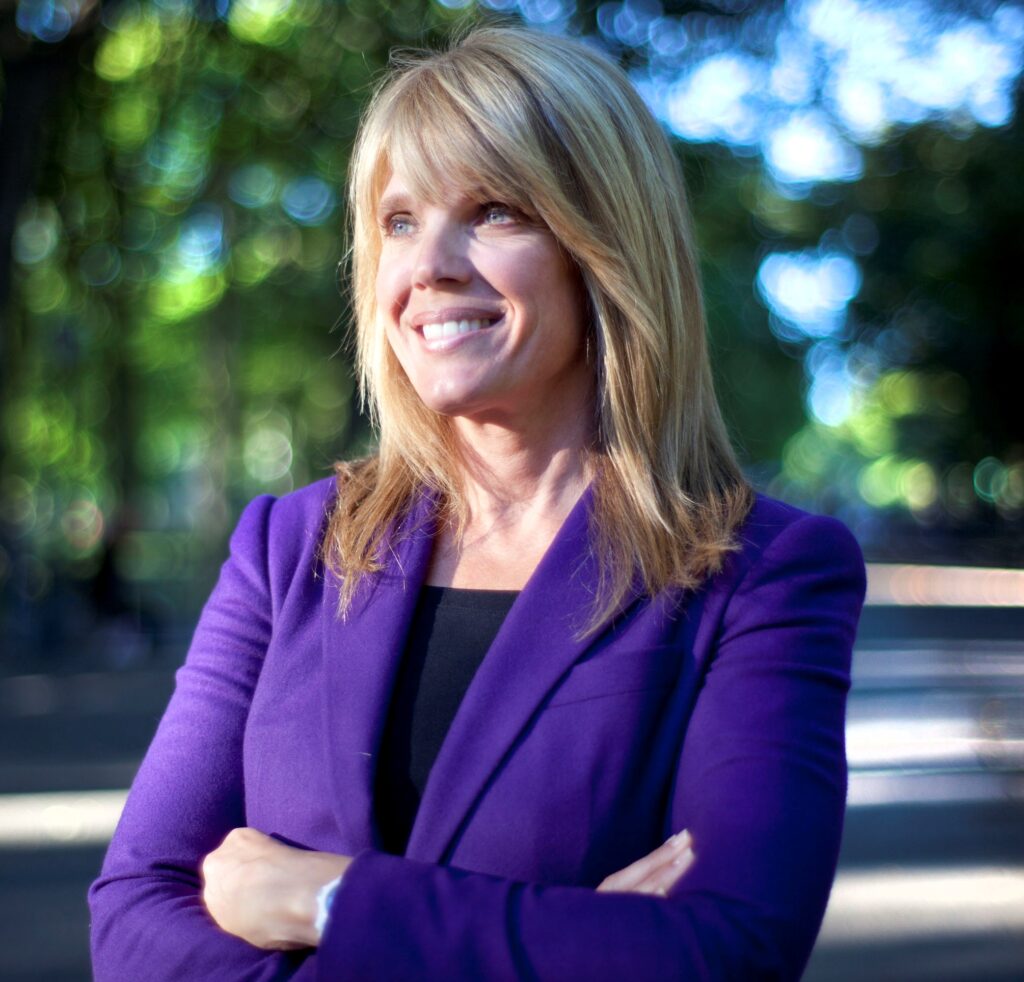Origin Magazine
September 9, 2014
By Chip Comins”Laura Turner Seydel: Cofounder and Chair, Mothers & Others for Clean Air”
View the original here: http://www.originmagazine.com/2014/09/09/laura-turner-seydel-cofounder-and-chair-mothers-others-for-clean-air/
Chip Comins: What is your climate passion?
Laura Turner Seydel: There is a Native American proverb, “We do not inherit the earth from our ancestors; we borrow it from our children.” Annually, we pump out ten billion tonnes of carbon pollution globally, primarily from burning fossil fuels. The dire consequences are playing out today from permanently compromising a child’s lung function to adversely affecting the world’s climate and weather patterns. The key to solving these problems is addressing issues centered on the relation between water, climate, and energy.
CC: How are you leading/advocating solutions to climate change?
LTS: As cofounder and chair of Mothers & Others for Clean Air, I work to raise awareness of the undeniable connection between asthma and dirty outdoor air. I have also been committed to working with faith-based leaders in Atlanta. I was the chair of Atlanta’s Zero Waste Zones, which has been acquired by the National Restaurant Association.
CC: How do you see imbalances in climate reflected in other realms of society, such as gender, governance, and race?
LTS: The poorest people living in the most environmentally degraded places are being disproportionately affected by global warming. Access to water and basic resources have become significantly more difficult. With the new weather extremes, crops have to be planted not once but twice, and sometimes even three or four times. Women are doing the majority of the farming, and young girls forgo attending school so they can make the long daily trek to search for water and fuel. Studies show that when the environment is degraded and resources are scarce, desperation ensues and violent crimes against women and girls escalate.
CC: What simple action can people take locally and globally to be effective on climate solution?
LTS: Anyone can begin making a difference just by adjusting their thermostat a little higher in summer and a little lower in winter. Start thinking about a daily water budget, because it takes energy to process and purify water. Refuse one-use throwaway plastics, like straws, whose primary ingredient is oil, that go straight from our lips to the landfill. Vote for elected officials who make climate and energy solutions a priority, and then hold them accountable.
CC: How can we grow the economy and improve the environment by addressing the climate crisis as we enter the “Great Transition”?
LTS: In Atlanta, there have already been amazing results in the city’s involvement with a nationwide program called the Better Business Challenge. Through this completely voluntary initiative, over two hundred building owners have agreed to register and commit to upgrade and retrofit their buildings to conserve twenty percent of water and twenty percent of energy by 2020.
One of our Turner Foundation partners, the National Restaurant Association, launched their website Conserve in 2006, offering extensive how-to videos, best practices in resource reduction, more efficient equipment and fixtures, and waste reduction. In general, an average of fifty percent of restaurant operators have invested or installed water- or energy-saving fixtures or equipment.
We know how important Nobel Peace Prize Laureate Wangari Maathai’s efforts to plant millions of trees in Kenya was to cooling the earth and taking carbon out of the atmosphere. Peter Byck made a twelve-minute film called Soil Carbon Cowboys that depicts three ranchers that have saved their failing ranching businesses through this method.





